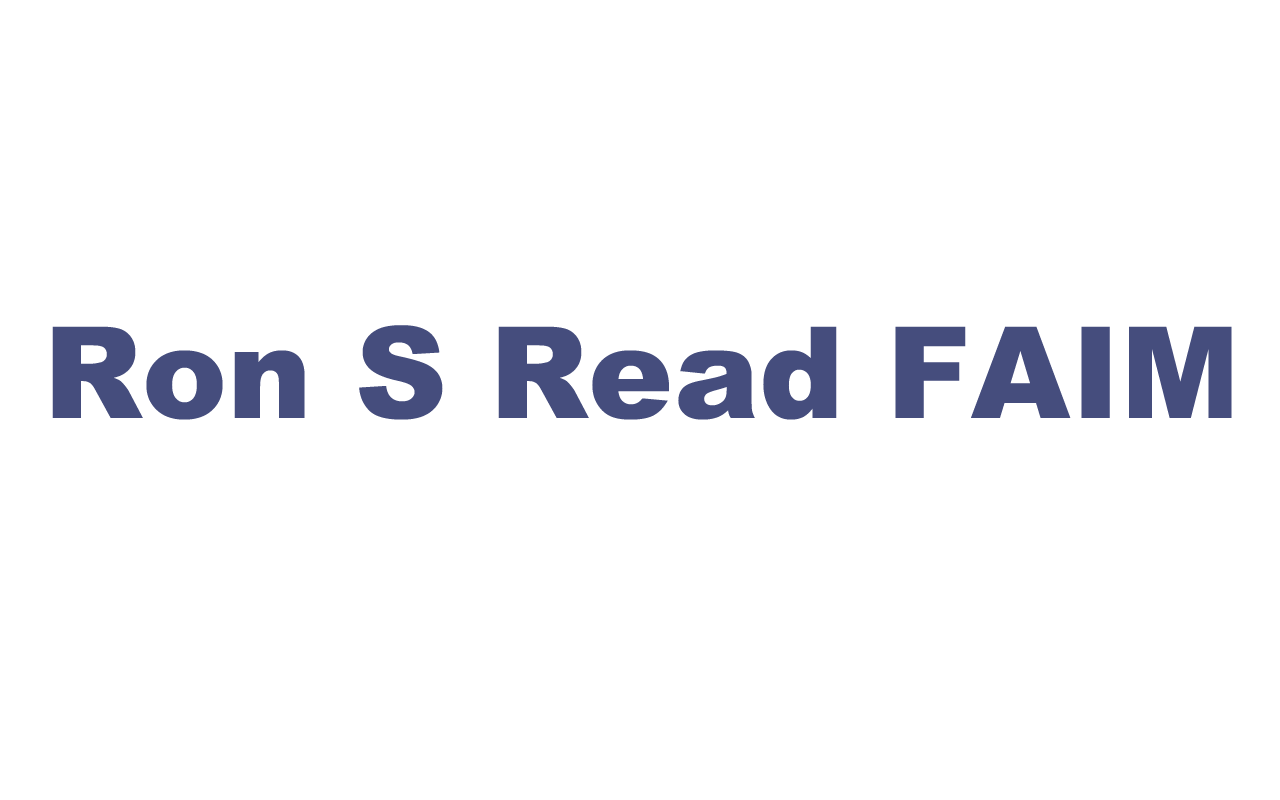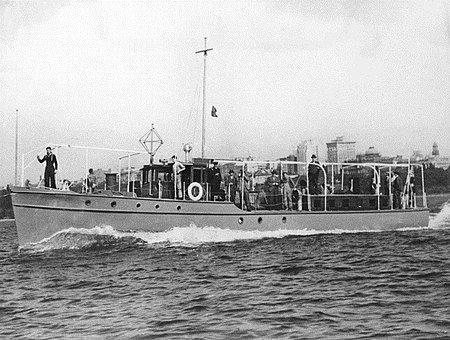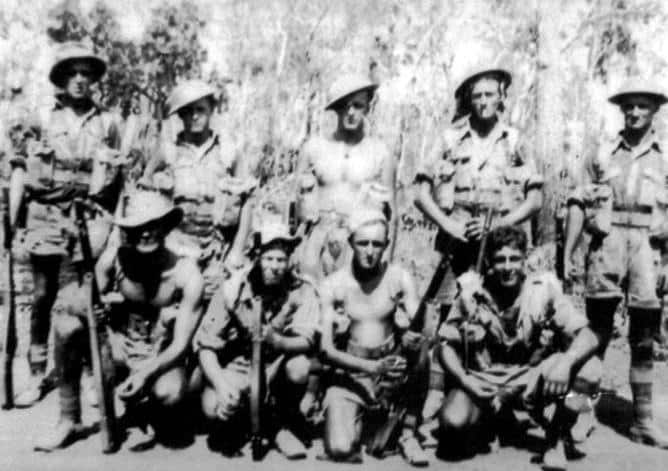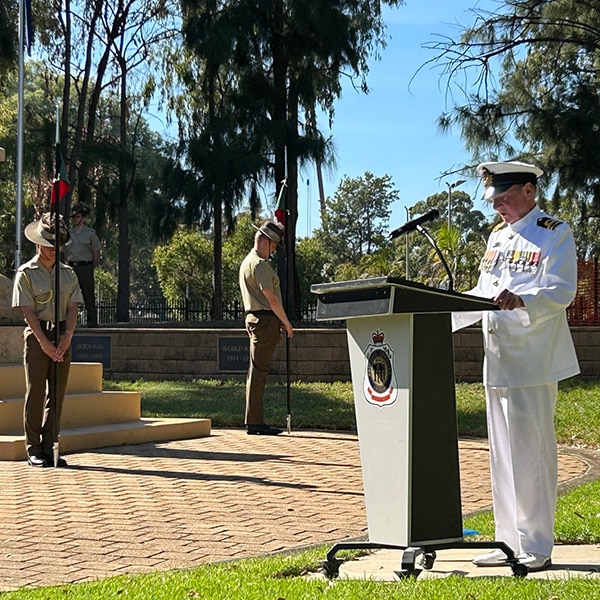Preface:
Since Federation in 1901, Australia has been involved militarily in several wars and conflicts, which include the First World War, the Second World War, Korea, the Borneo/Malay confrontation, Vietnam, Iraq, and Afghanistan.
Clearly, the most significant conflict impacting our homeland was the Second World War because it was then that Australia came under attack by a foreign power for the very first time **Australia’s Pearl Harbor – the bombing of Darwin and Darwin Harbor – February 19, 1942.
A further ninety-six (96) air-attacks occurred across our north, north-eastern and north-western cities, towns and harbors, all carried out by Imperial Japanese Forces from February 20, 1942 through until November 1943.
It has been well documented subsequently – why Imperial Japan at the time believed Australia had to be neutralized, and why it was imperative they seize and occupy the islands to our north and to our east.
Synopsis:
As Australia emerged from the Great War in the 1920’s it saw a post-war rush of patriotism, pride, and confidence which was expressed in many ways, including the massive expansion of capital works and manufacturing right across the country. We were essentially on a mission of build, protect, and prosper, and thus were a reflection of extreme optimism.
If pride and patriotism of the Great War had provided the impetus for the boom years (and they were), then it was the Great Depression of 1929 -1933 which squarely attacked the fundamental assumptions of Australian society; that personal security could be assured by hard-work, self-reliance, independence, family solidarity, and compassion. The Great Depression in many ways destroyed many of these beliefs and challenged others.
Out of the Great Depression, however, came a brand of fatalism and certain physical and emotional resilience; you took what life or circumstances dealt you and you pressed on. Such a view of life and living during the Great Depression would prepare us well for what lay ahead, and this was particularly evident during the long and brutal campaigns of the Second World War, where many battles and engagements were fought within miles of our shores across the SW Pacific Islands. Here we ‘rose to the occasion’ with incredible emotional resilience!
These are some significant battles:
When war did come to our shores in February 1942, Australians rose to defend their new nation with extraordinary patriotism and solidarity. No longer were we a component of the British Expeditionary Forces (B.E.F.) as we had been during the Boer War, the First World War, and the early years of the Second World War, but now we are the defenders of our homeland, and defend it we did!
- 16 Feb 1942 – The fall of the Malay Peninsula and Singapore with the loss of more than One Quarter of our entire Army who were either killed, wounded, or taken prisoner
- 19 Feb 1942 – The attack on Darwin and Darwin Harbor
- 4 – 8 May, 1942 – The Battle in the Coral Sea
- 31 May 1942 – HMAS KUTTABUL sunk in Sydney Harbor by IJN Submarine
- 21 July – November 1942 – The Battle across the Owen Stanley Mountain range via the Kokoda Track AKA The Battle for Kokoda
- August 1942 to February 1943 – The Battle for Guadalcanal
- 25 August – 7 September 1942 – The Battle at Milne Bay, Gona and Sanananda, known as the Battle of the Beachheads.
- By mid- 945 – Imperial Japanese Forces repelled from the SW Pacific
Outcomes:
While we repelled Imperial Japan from the SW Pacific, with enormous help from US Forces (US Navy, Marines, and the US Army), it came at a tremendous cost. Australia’s loss of life in the SW Pacific totalled almost 24,000 and the wounded amounted to some 27,000, but it should always be remembered that they were fighting in defense of their homeland and our nearer neighbors, some of which at the time were our mandated Territories anyway!
Australia’s Second World War casualties
Of the almost one million Australians, both men and women who served during the Second World War, nearly 40,000 were killed in action or died from disease in the field.
Our total battle casualties were almost 73,000.
Over 31,000 Australians became prisoners of war, and over 22,000 of these were captured by the Japanese, of which only about half survived the war. By August 1945 almost one-half of them had died in appalling conditions in the Japanese prisoner-of-war camps across the Pacific and on the Burma Railway.
While Germany, Britain, Japan, and some other nations experienced more casualties, our losses must be put in context in terms of the population of Australia at the time – I.E. Males aged 20 to 50.
Our losses then, as a percentage of this demographic were almost atop the pyramid.
Summary:
Since the evolution of humankind, freedom has never ever been ‘fait accompli’.
Even before the end of the Nomadic Age – tribal conflicts over territories and camel and donkey routes were disputed and thus fought over!
Later, with the emergence of the Neolithic Age, much the same applied. Certainly, 4 PLUS millennia ago in the rich Nile valley, the ancient Egyptians were continually forced to ward off invaders, and not much has ever changed since then.
Moreover, this has historically been through coup d’etat and conflict throughout all recorded history! The point here is this: – Democratic Freedoms as we have known them have never been gifted in perpetuity, they have always over several millennia had to be defended and re-defended!
Conclusions:
Parents, Educators, and others therefore have a unique responsibility to ensure children (and young adults) understand that the freedoms they enjoy today had to be vigorously defended, resulting in an extraordinarily high cost to their forebears.
If we fail in this endeavor, we will actually end up in a poorer place in terms of educating and inspiring the next and ensuing generations, and so this is why some of the major campaigns and battles fought so very close to our shores must always be understood AND remembered.
In other words, parents, educators, and others all have an incumbent duty to continue to perpetuate our relevant Second World War history!




